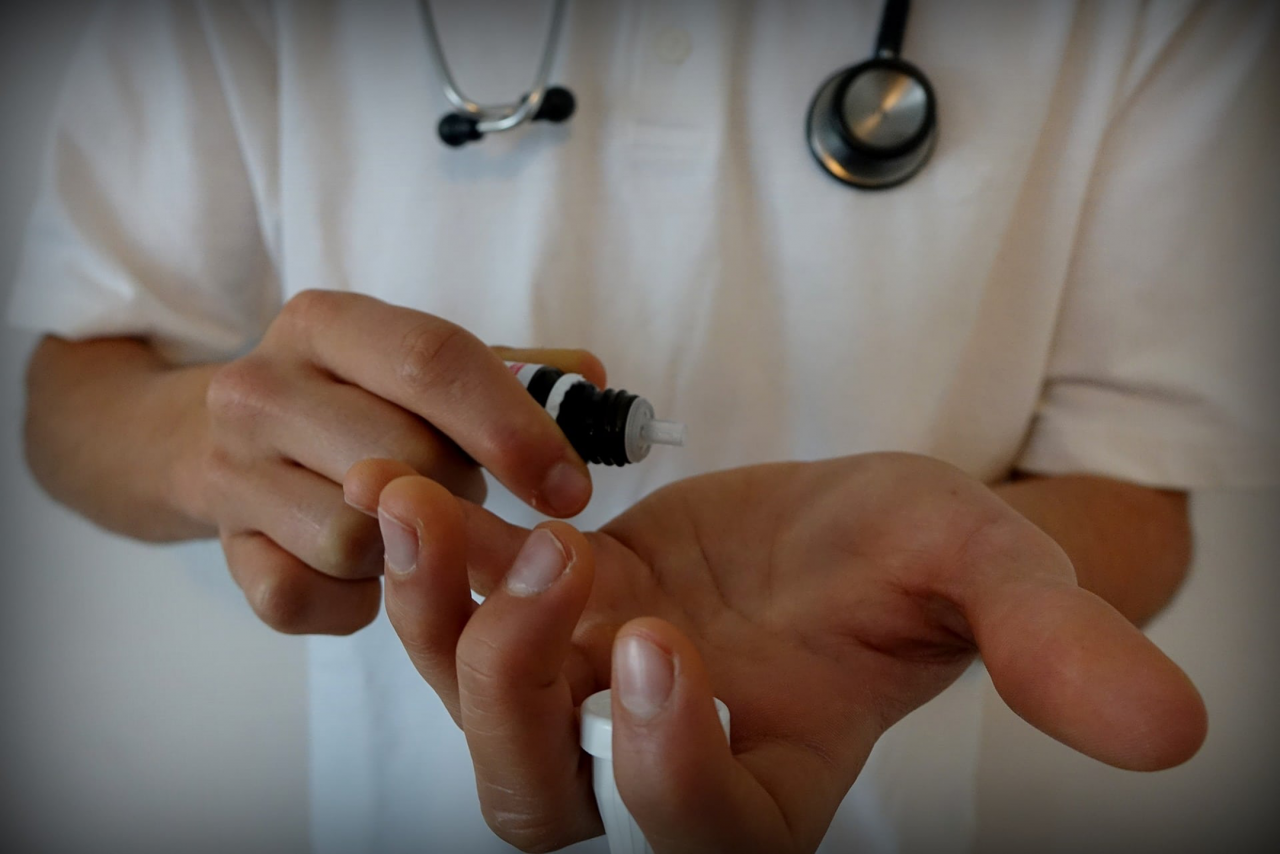
 By Quratulanne Jan, MD, and Michael J. Allen, II, MD, Department of Family Medicine, The University of Texas Medical Branch
By Quratulanne Jan, MD, and Michael J. Allen, II, MD, Department of Family Medicine, The University of Texas Medical Branch
“Wherever the art of Medicine is loved, there is also a love of Humanity.”
― Hippocrates
Modern-day medicine in the 21st century has made great advances towards discovering cures. More recently, there has been an increased focus on prevention and social determinants of health. This recognizes that patients consist of numerous variables including culture, religion, spirituality, personal likes and dislikes, familial factors, birth order, lifestyle and others .
The clinical setting can affect the patient on an organic level. A simple example of this is white coat hypertension. When a patient is ill enough to warrant inpatient care in a hospital, they must compromise many things such as the comfort of privacy, personal space, company, food, and clothing. These factors can affect their well-being, resilience, and ability to cope in trying situations. While in the hospital, most patients and treatment teams focus on treatment and symptom management to help the patient. These are typically evidence-based approaches that are appropriate in acute and/or life-threatening situations.
Integrative approaches provide additional depth in the management of the inpatient and can be utilized to the benefit of the patient by treatment teams. One of the ways inpatient teams have engaged patients to provide more well-rounded care is by utilizing motivational interviewing. This is most beneficial when delivering difficult news to families as well as having goals of care discussions. Motivational interviewing allows the clinician to elicit what is important to the patient, which varies based on the individual and allows us as physicians to truly provide patient-oriented evidence-based care. It also is highly effective in creating behavioral and lifestyle changes, which can promote health and well-being long-term and reduce the cost and inconvenience of possible future hospitalization.
Motivational interviewing is also helpful in patients with cancer who often present with complications of their disease processes. A team-based approach with palliative care has been helpful in being able to provide a holistic approach to the patient’s care. We often also will utilize our chaplains to provide spiritual support, and this has been of great therapeutic help for patients and families at critical junctions of care.
While these are all different modalities of integrative medicine that we have been able to utilize to enhance the patient’s experience in the hospital, one that is less common these days due to COVID-19 is the visits with therapy animals on the wards. However, we anticipate this will return soon along with relaxation of visitation guidelines as the vaccination rates increase, and the pandemic is able to be better controlled. This social support is so essential to improved survival and for the patient experience.
There are many other integrative approaches that are well studied in the hospitalized population that have been used widely in other places that we wish to implement in our hospital. Acupuncture can activate natural opioids which improve the effectiveness of anesthesia, reduces the need for post-surgical pain and nausea medication, reduces the amount of injectable and oral medication used in the ER, improves functional independence for those undergoing rehabilitation, alleviates the side effects of chemotherapy, and makes the arduous task of birth more bearable. Music therapy has been shown to improve pain, aid in physical and speech rehabilitation, alleviate the stress of procedures and allow patients to express thoughts and feelings. Massage therapy improves pain perception, sleep quality, mobility, loneliness, mood, and quality of life. These are only a few of the many approaches to treating the hospitalized patient that we can implement for our patients in the future.
Hospitalization, even with the profound advancement of western medicine, remains an isolating and trying experience. Each hospitalized patient under our care has concerns, apprehensions, and fears that exist today as they did centuries ago in the face of threats to their well-being and often life itself. Considering the psychological well-being of our hospitalized patients is not only the humane thing to do but is intimately connected to their health and recovery.
A broad variety of integrative therapies can be initiated in the hospital and discharge process. These can include mind-body and relaxation therapies, alternative therapies for pain management and treatment of side effects of treatment, nutrition, exercise, and enhancing social support. We know that, when patients are relaxed, well-rested, and hopeful, they will do better.
Augmenting care of the inpatient with integrative approaches allows us to provide well rounded care. It is our duty to do all that we can to facilitate this for our patients as integration of these therapies into traditional western medicine is paramount.
References
Gannotta R, Malik S, Chan AY, Urgun K, Hsu F, Vadera S. Integrative Medicine as a Vital Component of Patient Care. Cureus. 2018;10(8):e3098. Published 2018 Aug 4. doi:10.7759/cureus.3098
Cost savings from reducing pain through the delivery of integrative medicine program to hospitalized patients. Dusek JA, Griffin KH, Finch MD, Rivard RL, Watson D. J Altern Complement Med. 2018;24:557–563.


